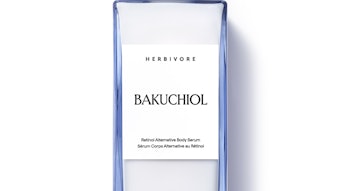
Wacker recently unveiled Silpuran Eco 2114, its first biomethanol-based silicone gel adhesive designed for skin-friendly fixation of wound dressings, plasters, wearables and sensors. The novel adhesive offers a sustainable alternative to traditional ingredients, reducing carbon dioxide emissions during production by up to 28% compared to conventional methods, the company reports.
Sustainable Performance for Compromised Skin
As the company explained, the ingredient is produced using biogenic methanol, which replaces fossil methanol through a certified mass balance approach. In addition, Silpuran Eco 2114 is said to deliver the same high-quality performance as its conventional counterpart, making it a seamless drop-in solution for existing applications.
The resulting two-component, addition-curing adhesive forms a soft, skin-compatible gel with high adhesive strength, per the company. It is ideal for sensitive skin and chronic wound care, as it can be removed painlessly and without leaving residue.
Advancing Transdermal Patch Technology
The company also released a study that highlights the ability of its silicone gel adhesive to deliver active ingredients such as retinol and ibuprofen with precision and customizable release profiles. Per the company, this provides a stable, biocompatible and breathable matrix that can release active ingredients at a controlled rate over time.
The study's leader, Ufuk Karabiyik, Ph.D., noted in an interview with Plastech, "Our research shows that silicones are much more than just carrier materials. They will form the basis for the next generation of transdermal systems that are gentle on the skin, can be dosed with precision and are highly versatile in use."










